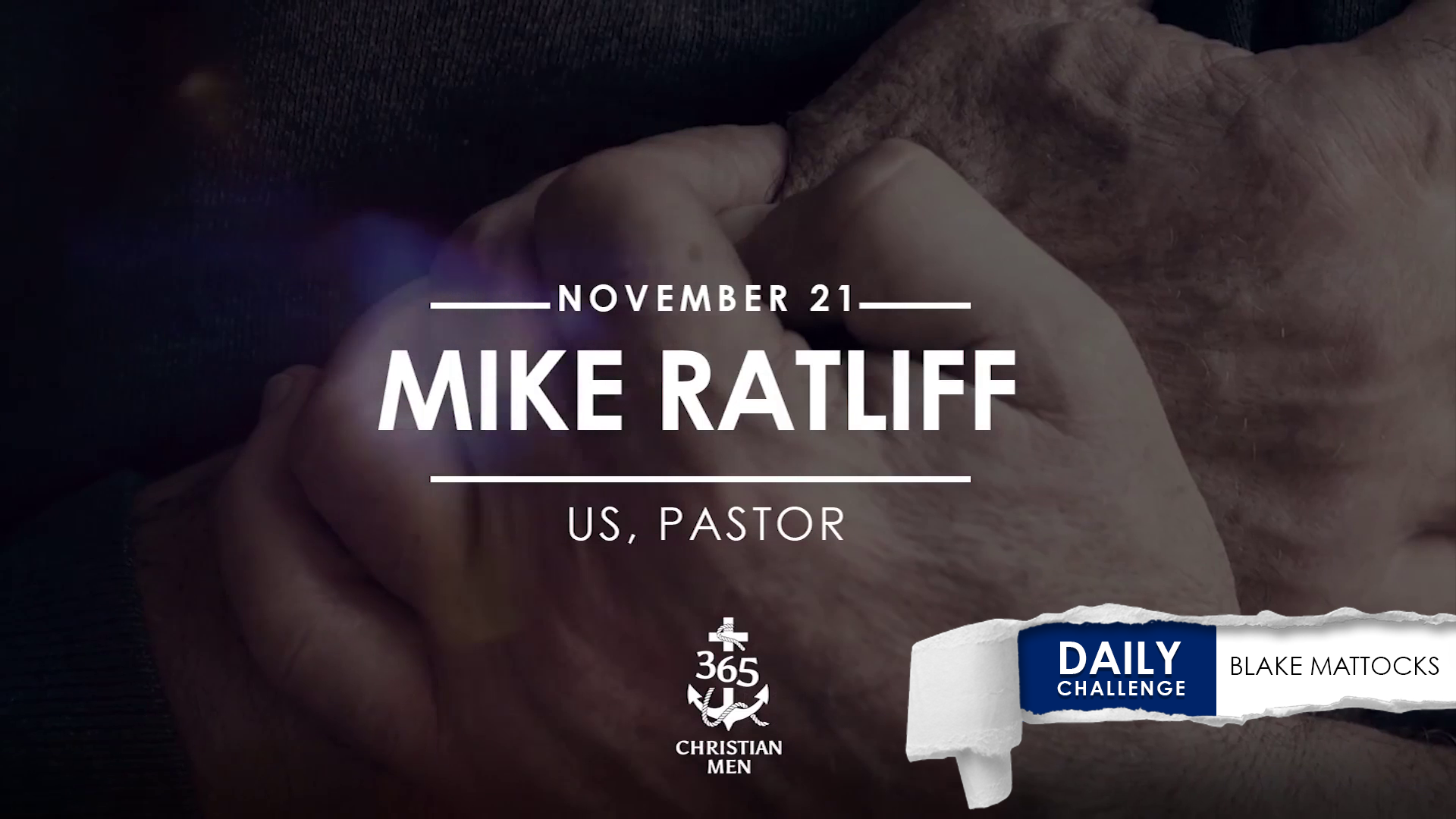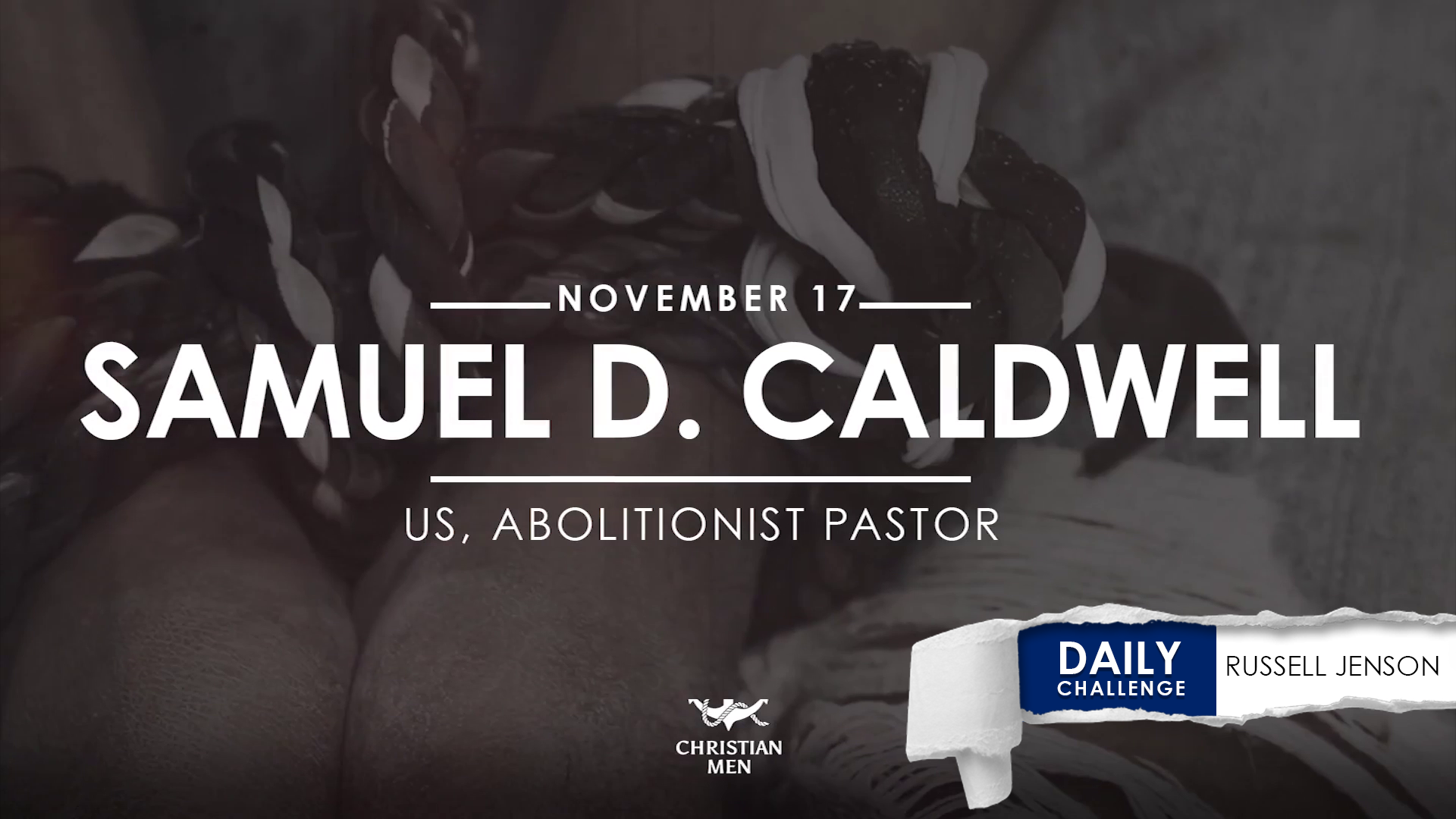November 22. Thomas “Stonewall” Jackson. On this date in 1851, Jackson proclaimed his faith in Jesus publicly. He was 27 years old. By this time, he had graduated from West Point and had demonstrated his bravery in the Mexican-American War. He was promoted to Brevet General and then to Lieutenant General. Today’s story shows a little bit of how he began his career.
When a man is determined to learn, a poor start can become a rich finish.
Jackson arrived at West Point wearing Virginian homespun clothes and a felt hat. To hold his gear, he had slung saddlebags across his shoulders. But the other cadets were all well-dressed. His stance was awkward, his appearance “uncultured,” and “he felt like a duck in the desert.”
As an Appalachian orphan, compared to his classmates he had too little education, and his appearance underwhelmed. But what he lacked in spectacle, he made up for in grit.
He set to work right away, studying and trying his best to learn, but everything was a struggle. His lack of background education made his work harder, and he had always been a slow learner. His class ranking hovered toward the bottom even though he worked hard just to pass.
Whenever the teachers called him to the blackboard to solve math problems, he pressed so hard against the board that his face and clothes got covered in chalk. French class and drawing class challenged him terribly, and in infantry tactics, he was barely above middle grade. His first year, he felt so sure he was going to fail that he prepared a speech for his friends back home. He wrote that it was so hard they would fail too.
And then came the taunts.
His classmates saw Jackson as different. They hazed him for it, put him through rough exercises, forced him to run drills. They would make sure he failed.
But he kept on. He would not give up. He would not lose his temper. He would not let the doubters get under his skin. He wasn’t at West Point for his classmates or for his teachers. He was there to be the best soldier he could be and to learn, no matter how long it took him.
As lights went out at West Point for the night and Extinguish Lights was bugled, he put some coal in a grate, lit a tiny fire, lay on the floor, and huddled close to the light, so he could continue his studies as the other cadets slept. If he didn’t understand the previous lessons, he wouldn’t force himself forward until he was ready. Even if he was behind a day, he kept at it. A slow pace was better than skipping the lessons altogether.
His perseverance kept him on a focused path, and things began to change. Even his classmates noticed it. One, Dabney Maury, said that Jackson “looks as if he had come to stay.” Improvements didn’t happen immediately, nor did they happen in great jumps.
But as each month and year passed, Jackson’s marks took a steady climb, and when the four years of study ended and he graduated, he finished seventeenth out of seventy-two and was appointed a Second Lieutenant of Artillery.
“Let perseverance finish its work so that you may be mature and complete, not lacking anything” (James 1:4 NIV).
Think of a task that has been difficult for you. How can perseverance help you accomplish your goals? When a man is determined to learn, a poor start can become a rich finish.
White, Henry Alexander. American Crisis Biographies: Stonewall Jackson. Philadelphia: George W. Jacobs & Company, 1908. Internet Archive. Accessed August 17, 2020. https://archive.org/details/stonewalljackson01whit.
Chase, William C. Story of Stonewall Jackson. Atlanta: D. E. Luther Publishing Company, 1901. Internet Archive. Accessed August 17, 2020. https://archive.org/details/storyofstonewall01chas.
Story read by: Chuck Stecker














